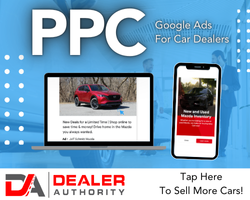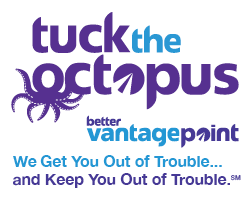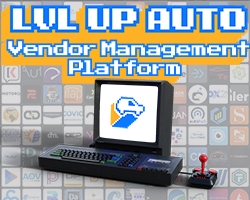The recent passing of former First Lady Nancy Reagan was a sad occasion. Many heartwarming stories unfolded, but I found myself particularly fascinated by her personal war on drugs.
In 1980, then soon to be First Lady Nancy Reagan found her calling on the campaign trail. It started at a New York City substance abuse clinic. It continued during her husband’s two terms as president. She was moved by the great work at these clinics and took on the noble endeavor of making drug prevention a part of the public dialogue.
Drugs were a problem in the early 1980’s (See: Pablo Escobar). Mrs. Reagan’s particular concern wasn’t just the infiltration of South Beach nightclubs though. The real fear was our youth. And our schools. We don’t want little Miss 4th grader Sally around, offered, or tempted by drugs.Her recommendation for Little Miss Sally?“Just Say No.”
Three words became the backbone of America’s war on drugs. Three words that are still ingrained in our minds and pop culture today. But Nancy Reagan’s simple campaign faced a pretty big problem. Getting Little Miss Sally to say no is actually pretty hard.Ehhhh Yes?It’s true. People don’t like to say no. Psychology offers us some basic reasoning:
- No creates subtle conflict
- No creates guilt
- No is awkward
- No feels rude
- No disconnects us from others
Vanessa Bohns, an assistant professor at Waterloo University, describes that rationale as “We don’t want to reject people. We don’t want people to think poorly of us….”
How about a value size?
I first noticed the thrill of this concept in high school. I was a cashier at Chick-Fil-A. One day, the franchise owner held a contest to entice cashiers to up-sell customers to “Value Size” their combo meal. For 49 cents more, you could get a bigger drink and fries. This is high margin territory in the fast food world. The most up-sells took home first place.
I was determined to win and quickly mobilized a complicated strategy. I would ask 100% of my customers to value size their combo. I know, tricky right? It was simple but I was clearly a brainiac because it worked. Other cashiers balked in the moment. They sheepishly avoided offering the value size. It felt awkward. They forgot. I asked for the business every time and people said yes almost every time.
I’m proud to say I won the contest. The prize was a Blockbuster $5 gift card. Seriously.
So what?
One of the biggest areas of opportunity I see in dealerships is simply asking for the appointment over the phone.
Every day, my company reviews hundreds of thousands of dealership phone calls. We identify if appointments are requested and what happens on those requests. Out of millions of phone calls, a fundamental truth always stands out: asking for the appointment works.
More specifically, shoppers only decline an appointment request 12% of the time. If you request an appointment 100 times, you will receive 88 acceptances of some kind. I like those odds. You should too. The real question is why not ask for the appointment?
It’s not SO bad…kind of.
Unfortunately, our industry leans into a notion that salespeople are stereotypically awful on the phone.
We find that one comically terrible instance to highlight how south a conversation go. You know the type of call I’m talking about. The one where a salesperson crunches potato chips, drops an expletive, and eventually tells the customer a dealer down the street definitely has the car they’re looking for in stock.
I hear a different type of call much more often though. It’s the one where the salesperson is polite and friendly. He uses a few of those phone techniques taught in a training course. It appears to be going well and the caller even seems satisfied with the answers and insight. Then it goes downhill fast. The failure point is hard to tell but it’s right in front of us – it’s when the salesperson hangs up without inviting the shopper to visit the dealership.
This type of call should be a punch to the gut for anyone in management.
The Appointment Culture
The concept of an appointment culture is brewing in automotive right now. Phone calls are skyrocketing. Consolidation is creating more competition. Capturing marketing share is the name of the game.
There are a million urgent things for management to tackle every day though. It’s easy for the urgent to take priority over the important. Don’t let that happen. Make it your mission to build a culture focused on phone excellence. Here are three ways to steer your dealership toward more appointments:
- Tape a small piece of paper near every sales phone. The paper should read something like: “Remember: Every call has an appointment request.” If this feels too simple, even silly, remember that many salespeople don’t request an appointment only because they forget.
- Talk with phone handlers right after their calls. Ask them if they requested an appointment. If you didn’t hear one requested while listening, give them feedback on how and where it could have happened. The key here is immediate feedback. We tend to learn best in the moment.
- All sales meetings should include a mention of the phone and phone appointments. Every single one. This takes discipline and effort from management but will pay huge dividends.
So yes, I applaud Nancy Reagan for tackling a tough issue with the psychological odds stacked against her. Use those same odds in your favor on every phone call. Heck, you could even run a contest one week. I just recommend the spiff isn’t a Blockbuster gift card.









